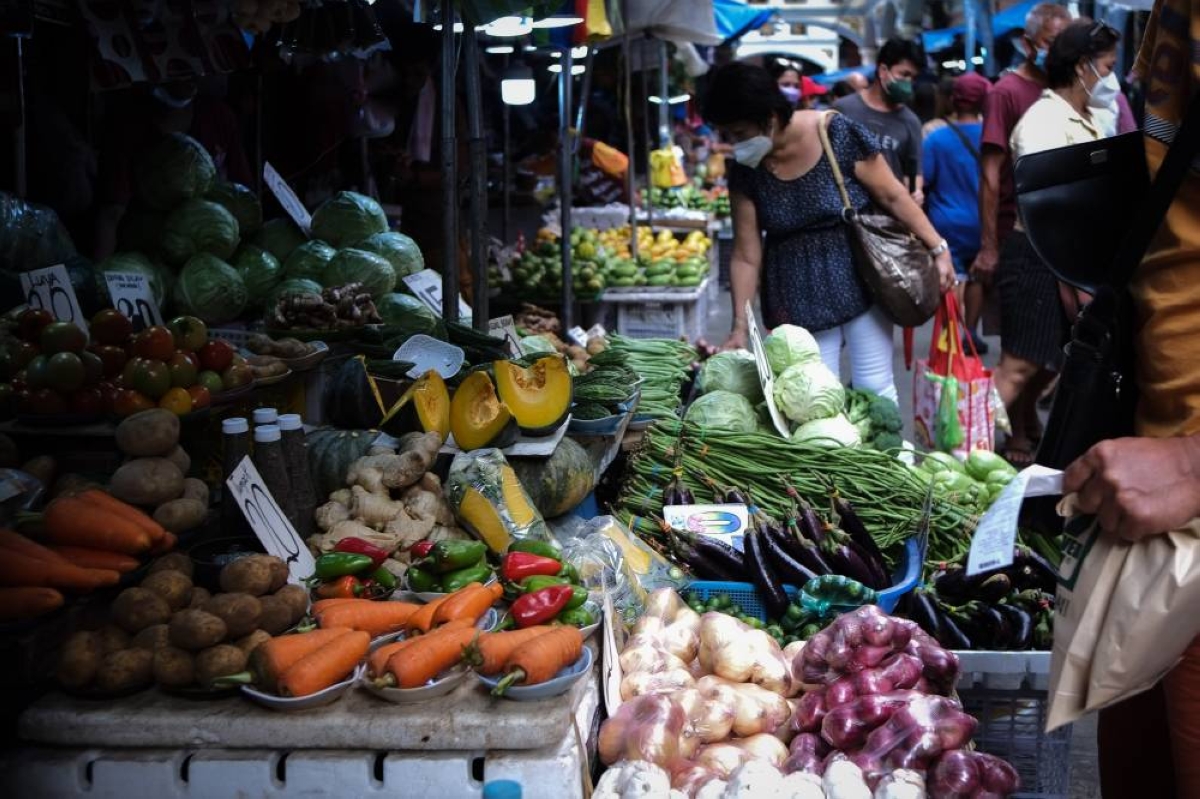President Ferdinand Marcos Jr. has instructed the Department of Agriculture (DA) to take necessary measures to ensure the stability of supply and prices of basic commodities in light of the ongoing El Niño phenomenon, which is currently affecting 41 provinces in the Philippines. This directive was issued during a sectoral meeting held at Malacañang, where Agriculture Secretary Francisco Tiu Laurel Jr. provided updates on the supply of essential goods.
According to Agriculture Undersecretary Roger Navarro, Secretary Kiko Laurel briefed the President on the stability of commodities such as rice, corn, pork, and chicken. He assured that there would be no problem with the supply of these items in the coming months. Navarro emphasized that while the challenge lies in stabilizing the supply, the prices of these commodities are relatively comparable to neighboring countries like Vietnam and Thailand.
Navarro explained, “In other countries, for example, in Vietnam, the price now is something like P48, and in Thailand, it is something like P52. So, we are not far, and they are supplying us with rice. So, in other words, the challenge really is more stabilizing supply rather than price. It’s better to have rice at P56 rather than no rice at P42.” He also pointed out that the increasing input prices of fertilizers and seeds in the international market make it difficult to bring down the price of rice.
To address the effects of the drought caused by El Niño, the government has established the Task Force El Niño, which involves various key agencies such as the Department of National Defense, Department of Agriculture, Department of Environment and Natural Resources (DENR), Department of Science and Technology, Department of the Interior and Local Government, National Economic and Development Authority, and Department of Energy. These agencies are closely coordinating to implement mitigating measures and minimize the impact of El Niño.
The Philippine Atmospheric, Geophysical and Astronomical Service Administration’s latest assessment reveals that several provinces, including Batangas, Laguna, Masbate, Oriental Mindoro, Antique, Biliran, Capiz, Cebu, Eastern Samar, Guimaras, Iloilo, Leyte, Negros Oriental, Samar, Lanao del Norte, Sulu, and Tawi-Tawi, are experiencing dry conditions. Additionally, areas under a dry spell include Abra, Aurora, Bataan, Isabela, Metro Manila, Occidental Mindoro, Quirino, Rizal, Zambales, and Negros Occidental. Drought has also affected Apayao, Benguet, Cagayan, Cavite, Ifugao, Ilocos Norte, Ilocos Sur, Kalinga, La Union, Mountain Province, Nueva Ecija, Nueva Vizcaya, Palawan, and Pangasinan.
While the Department of Environment and Natural Resources (DENR) assures that water supply from dams will be sufficient until May, the government urges the public to conserve water. The DENR is actively monitoring the water supply and working on establishing alternative sources to prevent shortages.
The Department of Agriculture (DA) has prepared interventions to ensure food supply, which include water management, social protection for farmers and fisherfolk, and price monitoring. On the other hand, the Department of Energy is undertaking various interventions to ensure adequate energy supply. These measures involve implementing transmission projects, ensuring the integrity and reliability of the power grid, and encouraging the electric power industry to actively participate in El Niño mitigation efforts.
In conclusion, President Ferdinand Marcos Jr. has directed the Department of Agriculture to prioritize the stability of supply and prices of basic commodities amidst the effects of El Niño. The government, through the Task Force El Niño, is actively implementing measures to mitigate the impact of the drought. While challenges remain, such as stabilizing the supply and managing input prices, the government is committed to ensuring the availability of essential goods and services for the Filipino people.







